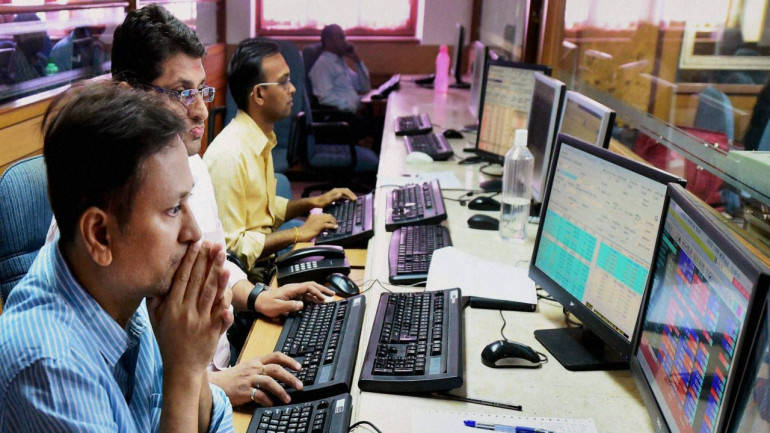Last 10 years data suggests that December belong to the bulls. Out of last 10 years, bulls managed took control of D-Street in 6 out of 10 years. Bears remained in charge of markets in the last three years.
The S&P BSE Sensex which has already rallied over 25 percent could see consolidation in the month of December ahead of two crucial events – US Federal Reserve policy review as well as RBI monetary policy.
However, anecdotal evidence suggests that the month of December belong to the bulls. But, this time it will be contingent on the statement made by the central bankers as well as the outcome of state elections.
“December is typically a low volume month as most of the FIIs are on leave in the last two weeks of the month. Thus from a direction perspective, December is not a critical month for the market,” Abhimanyu Sofat, Vice President, Research, IIFL told Moneycontrol.
“However, if any negative surprise comes from the Gujarat election, then there may be a large downside move for the index. On the other side, in case the ruling party gets a substantial majority one could see a further upside in the index,” he said.
Last 10 years data suggests that December belong to the bulls. Out of last 10 years, bulls managed took control of D-Street in 6 out of 10 years. Bears remained in charge of markets in the last three years.
The Nifty50 fell in the year 2016, 2015, and 2014. It suffered its worst fall of little over 6 percent in the year 2011, followed 3.1 percent decline in the year 2014.
It rallied little over 10 percent in the year 2008, followed by 4.6 percent up move in the year 2007, and 2.9 percent gain in 2010.

Most analysts expect Nifty to see some bit of consolidation ahead of key market moving events discussed above but domestic liquidity will keep the markets afloat despite concern over valuations.
The US Federal Reserve is expected to raise interest rates in the upcoming policy meet in December. This is most likely factored into the market but what might not be factored is the commentary of Fed on future rate hikes. That will be something to watch out for.
The Reserve Bank of India is most likely to maintain a status-quo on rates but the joker could be the outcome of Gujarat state elections. Any negative setback to the ruling government, especially in Gujarat, could lead to some volatility in the market.
“The scenario will change in the event of some unexpected events. India’s macro data or US Fed decision will not impact the market. These are discounted by the market. What is not discounted is a major setback for the BJP in the Gujarat polls,” Dr VK Vijayakumar, Chief Investment Strategist, Geojit Financial Services told Moneycontrol.
“If this presently unlikely outcome materialises, then the market is likely to witness a big correction. Handsome victory for the BJP will be a shot in the arm for the bulls,” he said.
Vijaykumar further added that December 2017 is likely to see consolidation. Valuation concerns will restrain the bulls from making aggressive charges. The massive liquidity in the market and the continuing inflows will ensure that corrections will be bought into, he said.

















